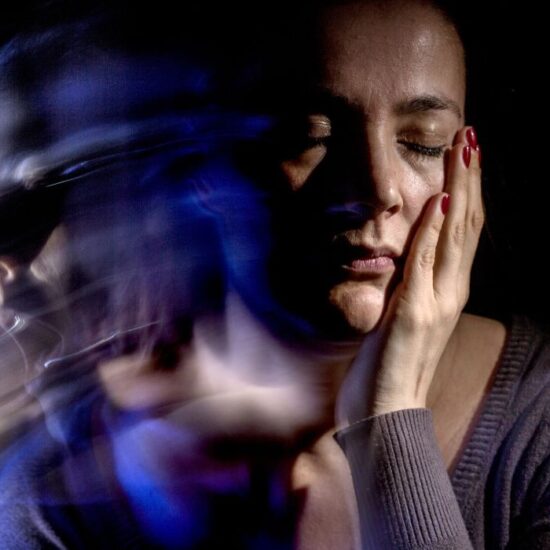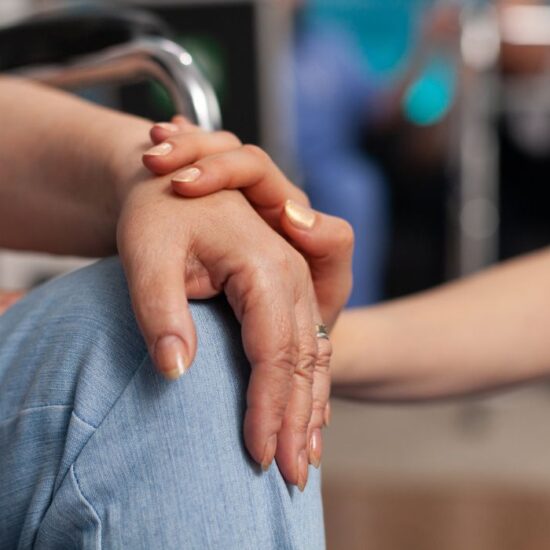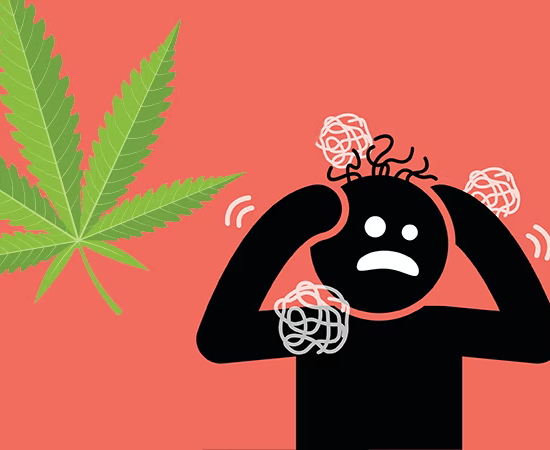Are you or someone you know struggling with addiction and seeking a path to recovery? If so, understanding the role of halfway houses in New Jersey can be a crucial step in your journey.
Halfway houses, also known as sober living homes, provide a structured and supportive environment for individuals transitioning from addiction treatment programs to independent living. In New Jersey, where the opioid epidemic has hit hard, halfway houses play a vital role in helping individuals maintain sobriety and reintegrate into society.
These facilities offer a range of services such as counseling, job placement assistance, and life skills training, allowing residents to develop the tools necessary for long-term recovery. By providing a stable and accountable living environment, halfway houses significantly reduce the risk of relapse. Moreover, halfway houses serve as a bridge between addiction treatment and independent living, offering a safe space for individuals to rebuild their lives.
With a focus on community, support, and personal growth, these facilities not only provide a physical space but also foster a sense of belonging and camaraderie among residents. If you or a loved one is on the path to recovery, understanding the role of halfway houses in New Jersey is essential.
Discover how these facilities can empower individuals to break free from addiction and build more meaningful and fulfilling lives.
What is Addiction And The Need for Recovery?
Addiction, a complex and pervasive phenomenon, has far-reaching effects on individuals, families, and communities. It goes beyond the stereotype of substance abuse, encompassing a range of behaviors that become compulsive and difficult to control. To grasp the need for recovery, it’s essential to comprehend the nature of addiction itself.
Factors Contributing to Addiction:
- Biological Factors: Genetic predispositions, imbalances in neurotransmitter function, and altered brain structures can contribute to vulnerability to addiction.
- Environmental Influences: Exposure to trauma, chronic stress, and the influence of a person’s social and cultural environment can significantly impact the development of addictive behaviors.
- Psychological Factors: Mental health disorders, unresolved trauma, and coping mechanisms can contribute to the onset and perpetuation of addiction.
The Need for Recovery:
Recovery from addiction is a transformative journey that involves more than just abstaining from substances or behaviors. It is a holistic process that encompasses physical, mental, and emotional well-being. Here are key reasons why recovery is essential:
1. Restoring Health: Addiction takes a toll on physical health. Recovery involves adopting a healthier lifestyle, addressing medical issues, and restoring the body to a state of well-being.
2. Rebuilding Connections: Addiction frequently puts a strain on connections with family, friends, and colleagues, necessitating a rebuilding process. Recovery provides an opportunity to mend these connections, rebuild trust, and cultivate positive, supportive relationships.
3. Embracing Emotional Well-being: Addiction is frequently linked to underlying emotional issues. Recovery involves addressing and managing these emotions, fostering resilience, and developing healthier coping mechanisms.
4. Regaining Control: One of the defining aspects of addiction is the loss of control. Recovery empowers individuals to regain control over their lives, make informed choices, and shape a positive future.
5. Strength in Unity: The path to recovery thrives on community and support, emphasizing that the journey is not a solitary one.Mutual support, whether through group therapy, 12-step programs, or counseling, is a cornerstone of the recovery process.
Halfway Houses in New Jersey: Bridging The Gap to Recovery
Halfway houses, also known as sober living homes, play a vital role in supporting individuals on their journey to recovery from addiction. These residential facilities act as a bridge between the structured environment of rehabilitation programs and the return to independent living. In New Jersey, halfway houses have become integral components of the state’s efforts to address addiction and provide ongoing support to those seeking sustained recovery.
Key Features of Halfway Houses in New Jersey:
1. Structured Support: Halfway houses offer a structured and supportive living environment. Residents follow a set of rules and guidelines designed to foster personal responsibility, accountability, and a commitment to sobriety.
2. Transition from Treatment: Often, individuals transitioning from inpatient rehabilitation or outpatient treatment programs find the structured setting of a halfway house beneficial. It allows them to gradually reintegrate into society while maintaining a focus on recovery.
3. Peer Support: One of the distinctive features of halfway houses is the sense of community and peer support. Residents share a common goal of maintaining sobriety and creating an atmosphere of understanding and encouragement.
4. Therapeutic Environment: While not clinical, halfway houses often incorporate therapeutic elements. This may include group meetings, counseling sessions, and educational programs to help residents develop essential life skills.
5. Drug Testing: Many halfway houses implement regular drug testing to ensure a substance-free environment. This helps maintain accountability and provides a safety net for individuals navigating early recovery.
6. Reintegration into Society: The ultimate goal of halfway houses is to prepare individuals for successful reintegration into society. This involves addressing employment, education, and family reunification while maintaining a commitment to recovery.
Regulation and Oversight:
In New Jersey, halfway houses are subject to regulations to ensure the safety and well-being of residents. The New Jersey Department of Community Affairs (DCA) oversees the licensing and regulation of these facilities. Compliance with state guidelines helps ensure that halfway houses provide a secure and supportive environment for individuals in recovery.
Challenges and Opportunities:
While halfway houses offer invaluable support, challenges can arise. Issues such as financial constraints, lack of standardized practices, and the need for ongoing community support are areas that stakeholders continuously work to address. However, these challenges also present opportunities for improvement and innovation in the provision of recovery services.
Halfway houses in New Jersey play a crucial role in the continuum of care for individuals recovering from addiction. By offering structured support, fostering a sense of community, and addressing the practical challenges of reintegration, these facilities contribute significantly to the success of individuals in sustaining their recovery journey.
Regulations And Guidelines for Halfway Houses in New Jersey
New Jersey has comprehensive regulations and guidelines for halfway houses, also known as residential substance use disorder treatment facilities. These regulations are enforced by the New Jersey Department of Human Services (DHS) to ensure these facilities provide safe and effective treatment for individuals recovering from substance abuse. Here’s an overview of the key points:
Licensing:
- All halfway houses operating in New Jersey must be licensed by the DHS. Licenses can be Class C (short-term, 30 days or less), Class B (mid-term, 31-180 days), or Class A (long-term, over 180 days).
General Requirements:
- Halfway houses must have qualified staff, including a program director, clinical supervisors, counselors, and other supportive personnel.
- They must provide individual and group therapy, educational programs, vocational training, and relapse prevention resources.
- Facilities must maintain safe and sanitary living conditions, ensuring adequate space, privacy, and amenities.
- Residents must have access to medical care and mental health services.
- Regular assessments and treatment plans must be developed and updated for each resident.
Finding Resources:
- You can find a list of licensed halfway houses in New Jersey on the DHS website: https://www.nj.gov/humanservices/ool/home/
- SAMHSA National Helpline: 1-800-662-HELP (4357)
- NJ Division of Mental Health and Addiction Services: https://nj.gov/humanservices/dmhas/home/
These are just the key points, and the specific regulations may vary depending on the type of halfway house and its licensure class. Always consult with the DHS or seek professional guidance for comprehensive information and resources related to halfway houses in New Jersey.
Choosing The Right Halfway House for Recovery
Finding the right halfway house can be crucial for sustained recovery after substance abuse treatment. With the right environment and support system, a halfway house can bridge the gap between inpatient care and independent living, providing structure, resources, and a safe space to rebuild your life.
Here are some key factors to consider when choosing a halfway house:
- Location and Accessibility: Consider the proximity to your support network, family, friends, and potential employment opportunities and accessibility.
- Program Philosophy and Approach: Research the house’s philosophy on recovery. Does it align with your values and beliefs?
- Staff Qualifications and Experience: Make sure the staff are qualified and experienced in addiction treatment and recovery support.
- Cost and Insurance Coverage: Research the cost of staying at the halfway house and explore your insurance coverage options.
- Resident Community and Amenities: Get a sense of the resident community and whether it feels like a supportive and safe environment.
The Bottom Line
In understanding the recovery housing program in New Jersey and the significance of halfway houses, it’s evident that these facilities play a crucial role in fostering sustained recovery. Regulated by the New Jersey Department of Community Affairs, halfway houses embody principles of support, structure, and community.
Halfway houses in New Jersey offer more than transitional living; they symbolize a commitment to empowering individuals recovering from substance abuse. Factors like location, program philosophy, rules, and staff qualifications are key considerations. As individuals embark on the path to positive change, the presence of halfway houses underscores New Jersey’s dedication to providing holistic support and a continuum of care for those on their journey to a substance-free future.
For more information on halfway houses in New Jersey and our commitment to facilitating positive change, please visit bhouses.net. Feel free to contact us—we’re here to guide you on your path to recovery and positive transformation.










